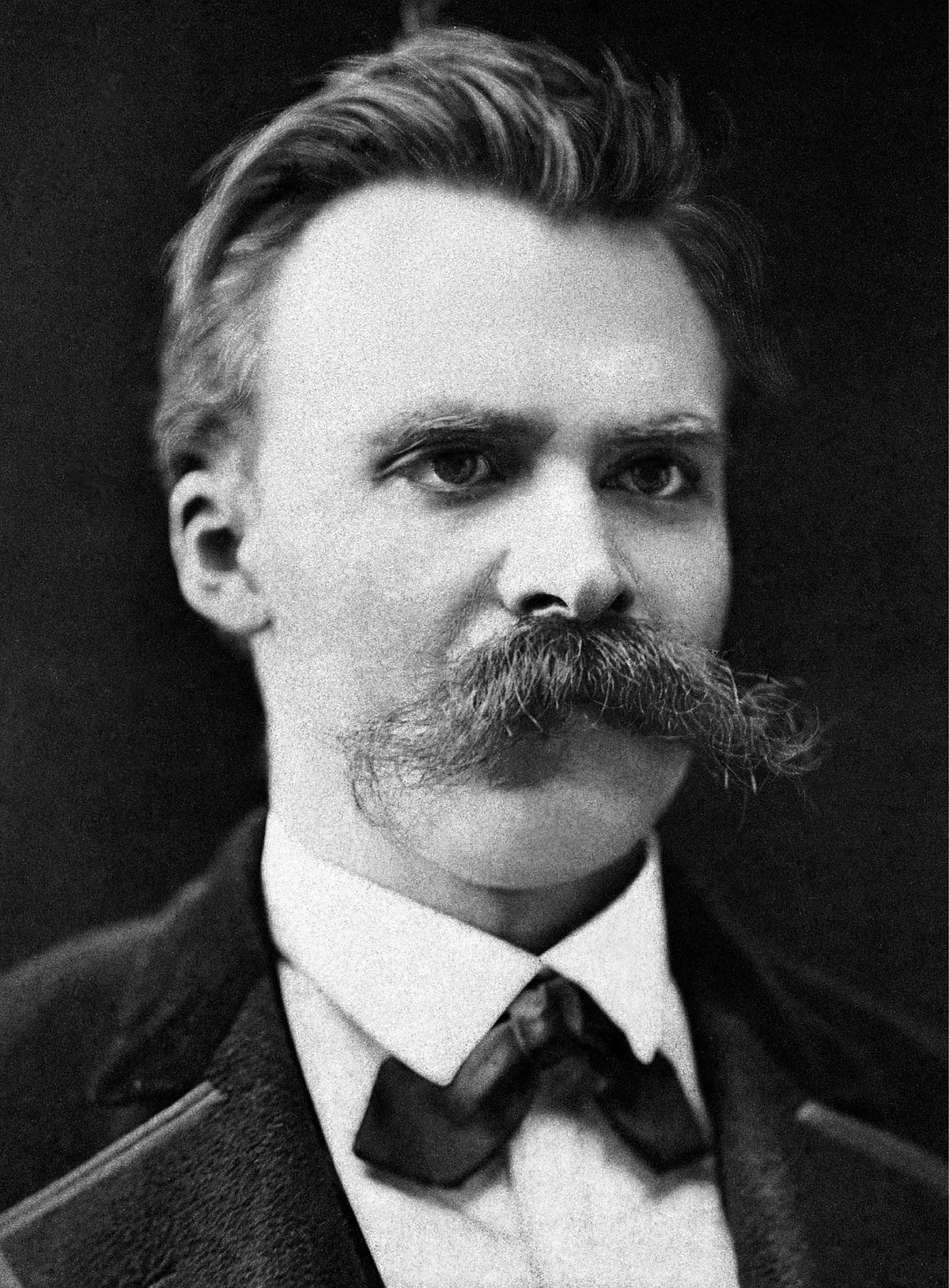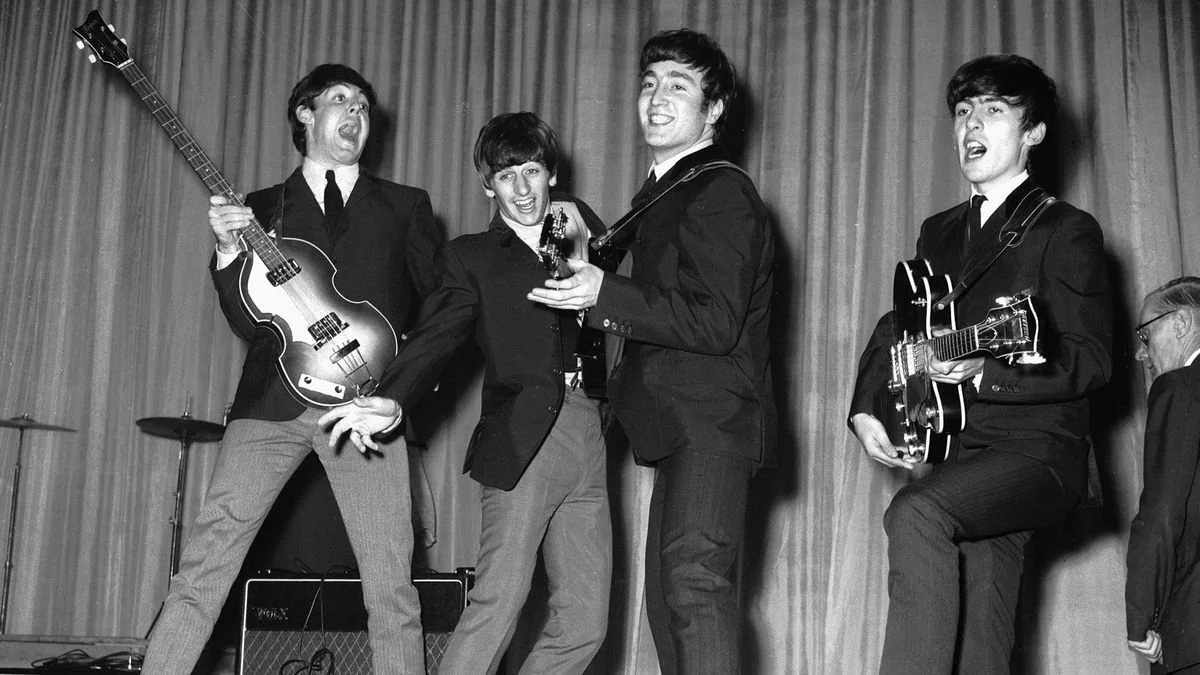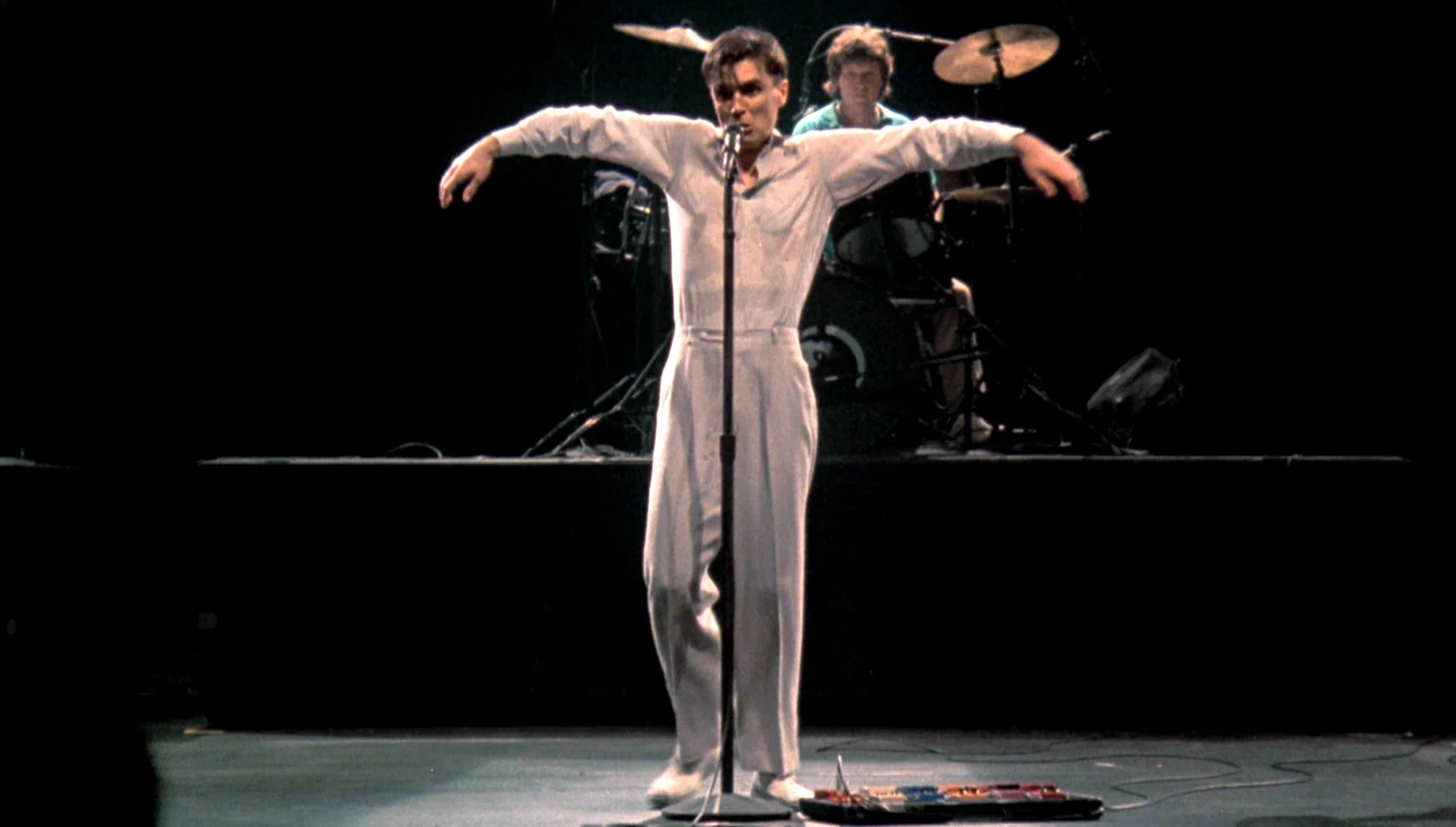The Postmodern Effect on Music
October 6 | Written By Priya Bagga
Postmodern philosophy greatly impacted the countercultural music of the 1960s, 70s and early 80s. This is because postmodern and countercultural thinkers shared the view that the preceding modernism was a heavily flawed construct. They saw modernism as a philosophy which promoted grand narratives, conformity, and 20th-century war-driven ideologies such as fascism and the Cold War. Therefore, the highly sceptical thinking of postmodern philosophy opposed modernism and questioned establishments (of both thought and politics) in the late 20th century. With the emergence of counterculture in the '60s, this movement found postmodern philosophy an effective approach towards political and social liberation. Postmodernist professor, Sim, outlines that ‘postmodernism drew from antifoundational philosophers, perhaps most notably Nietzsche, whose call for a “revaluation of all values” constitutes something of a battle-cry for the movement.’ Sim’s antifoundational outline highlights the inspiring force behind countercultural music, which sought to challenge the established oppressive forces within contemporary society (from anti-LGBTQ+ laws to gender-binding expectations).
Countercultural music found its expression inspired and charged by the postmodern value of individualism, (the understanding of the unique experience of individuals), rather than collective groups (e.g. British/ high and low Society.) Countercultural artists represented this, who created experimental and progressive music that broke from binding structures such as high and low musical culture. The shared distaste for exclusivity and hierarchal value emerged through countercultural music ‘in the 1960s with The Beatles, in the 1970s with art school punk, [and] in the late 1980s, the cultural domination of pop music.’ These musicians combined dominant, obscure, experimental musical structures to promote an egalitarian, inclusive musical culture.
Postmodernism philosophy critiques modernism's categorical approach, which sectioned and divided society into specialised sectors of expertise. From the postmodern view, this approach alienated individuals who did not conform to these prescribed boxes, further perpetuating inequality and exclusion. As a result, early philosophers such as Jean-François Lyotard circulated the understanding that ‘modernity has failed in allowing the totality of life to be splintered [by] the narrow competence of experts, while the concrete individual experiences [were left] in the mode of that immense ennui which Baudelaire described over a century ago.’ This emphasis against generalisation exposes how oppressive conformism outcasted individual experiences, leaving them without a sense of coherence or meaning. Understanding the individual and underrepresented experiences speaks directly to the counterculture’s musical sensibility, which portrayed anti-conformist views as a form of resistance against conservative politics, advocating for social liberation.
Let’s take a look at some countercultural albums and the devices used to express these anti-establishment, liberal, postmodern views. The Beatles' ‘Sgt. Pepper's Lonely Hearts Club Band,’ from the 60s, Talking Heads ‘Fear of Music’ from the 70s, and Brian Eno and David Byrne's ‘My Life in the Bush of Ghosts’ from the early 80s are all albums which use experimental and innovative features. Their ambiguous aesthetics capture feelings of an outcast - of dislocation and disorientation, which shares the postmodern value of individualism. This is created in The Beatle's song 'Being for the Benefit of Mr Kite!' on their Sgt album, which features an array of sound effects, circus-like music, and lyrics adapted from an old circus poster. Many people interpret this as a postmodern commentary on the exclusion created by oppressive modernist constructs. Similarly, Eno and Byrne's albums use techniques such as relentless rhythm, fragmented structure, religious sermons, and Middle Eastern singers to foreground these postmodern feelings of dislocation.
Postmodern philosophy promoted how ‘out of chaos, comes order,’ referring to how the fragmentation and destruction of long-standing traditional thought and systems can lead to a vast array (or chaos) of originality. Postmodernists saw this process as a way of progressing society into a newly evolved order – an order compromised of new systems which better accommodate (rather than oppress) society. As a result, this accepting thought highly resonated with the counterculture’s pacifistic ‘peace and love’ movement, embracing and accommodating the array of fluidity and evolving identities. This embrace was translated into music through diverse devices including lyrics, instruments and timing, becoming revelatory to the musical landscape.





